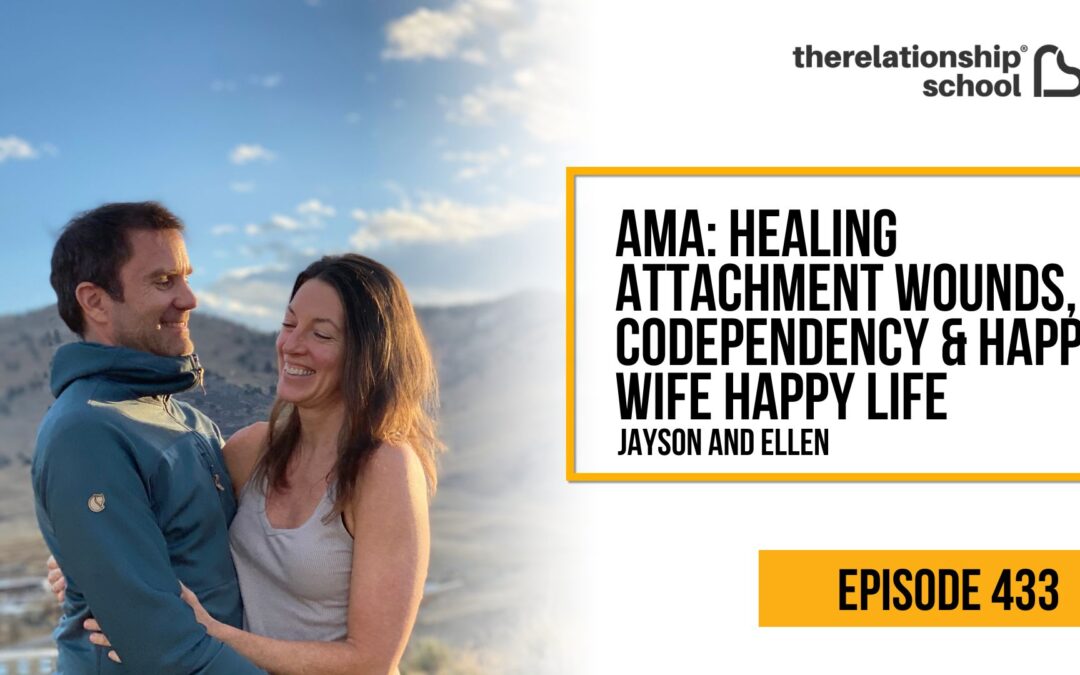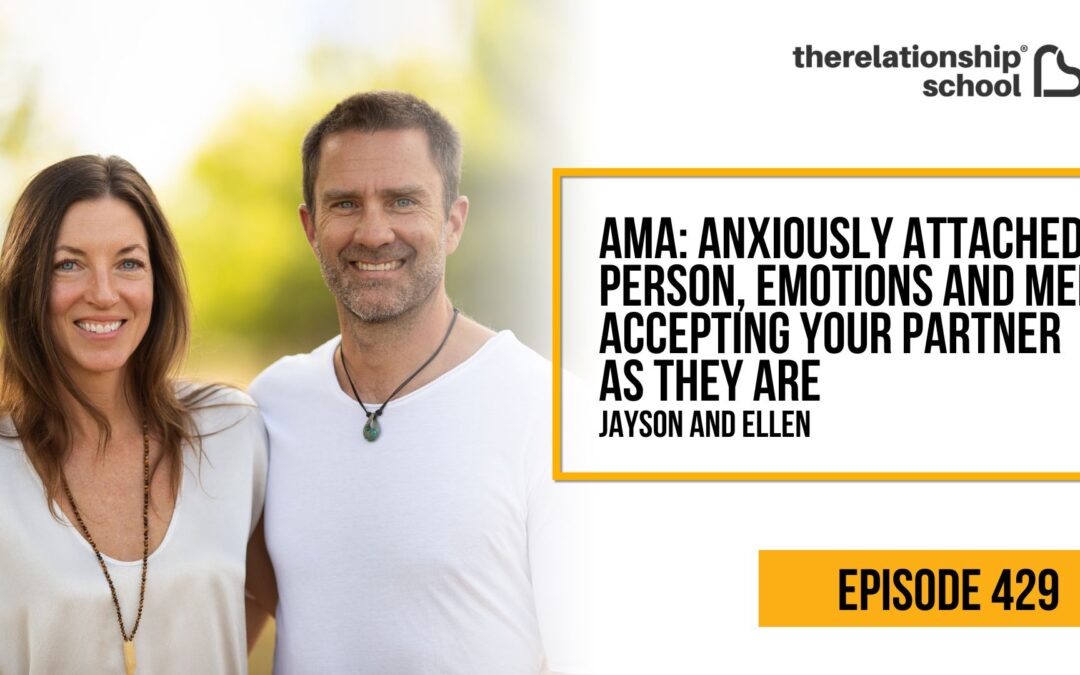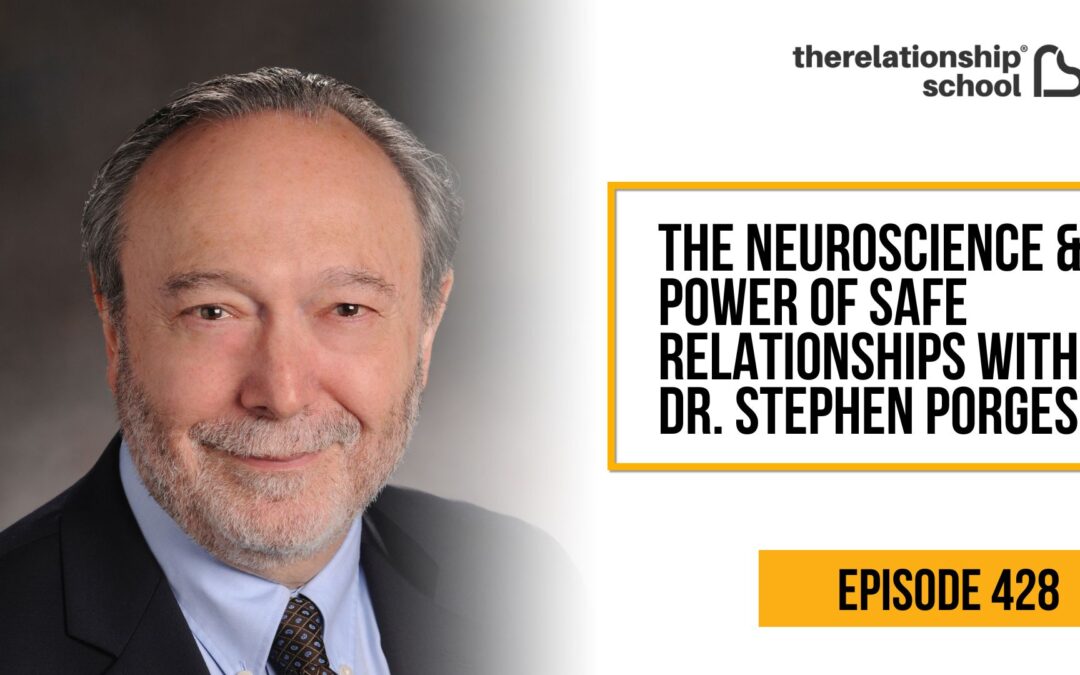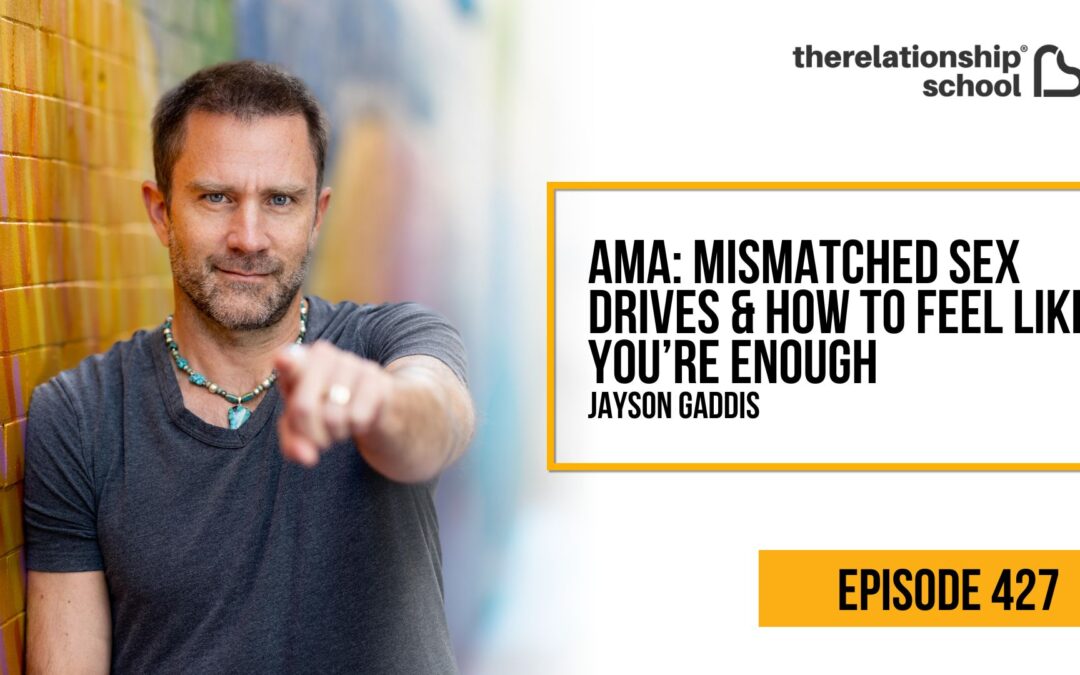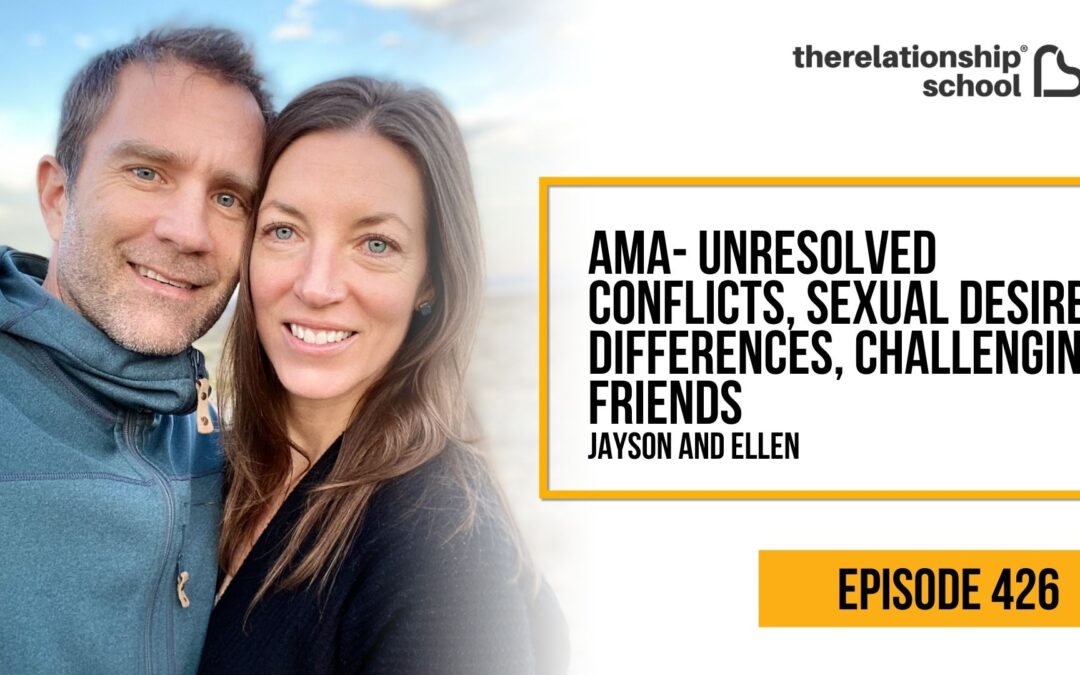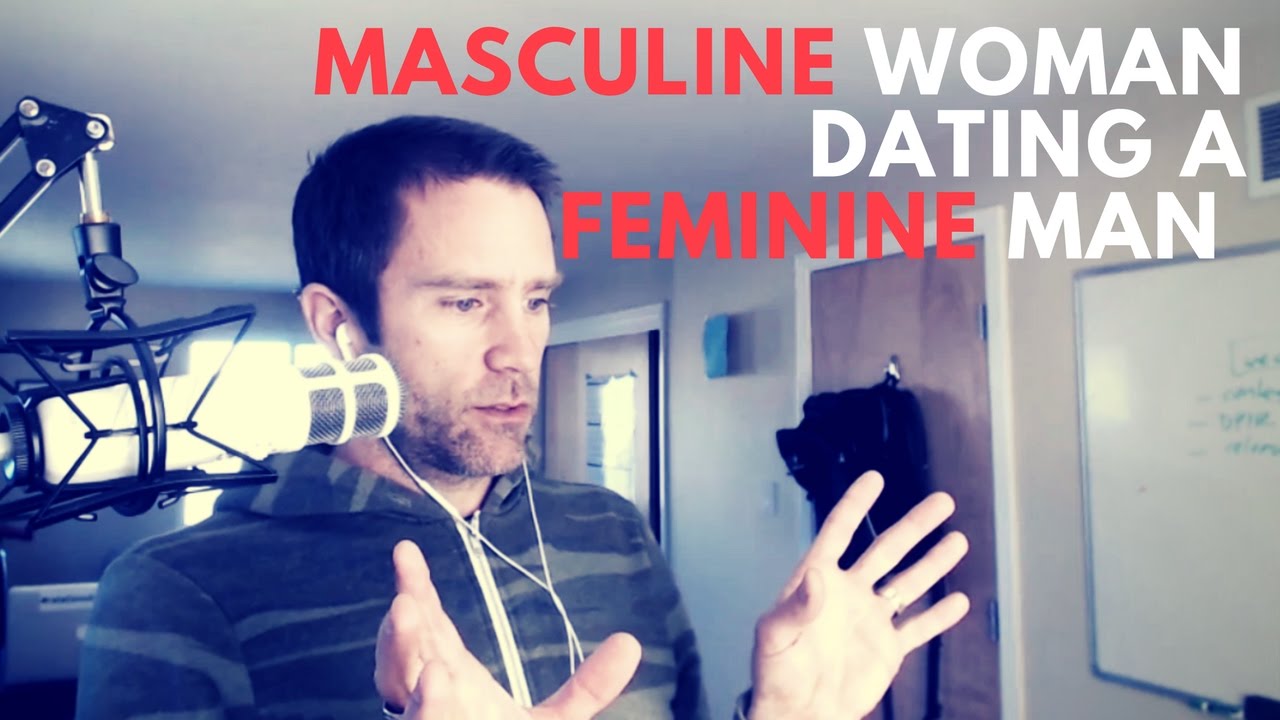AMA: Healing Attachment Wounds, Codependency & Happy Wife Happy Life – Jayson & Ellen – 433
Curtis asks, “In your expertise, do you perceive that attachment wounds and attachment styles are healed and transformed during partnership or outside of that? I’m curious to hear your thoughts because I’ve been doing a bit of research and finding different takes on it…”
Another listener wonders if these phrases signal a lack of personal responsibility in a codependent relationship: “‘I can only feel okay when she (or he) is feeling okay,’ ‘I feel I need to make her (or him) happy,’ and ‘Happy wife, happy life’; how would an attachment framework view codependency?”.
Ellen and Jayson address how we can heal our attachment wounds/adapt our attachment styles, highlight how we impact one another, and discuss the importance of finding common ground to propel the relationship forward. Stay tuned to the end for your action steps.

